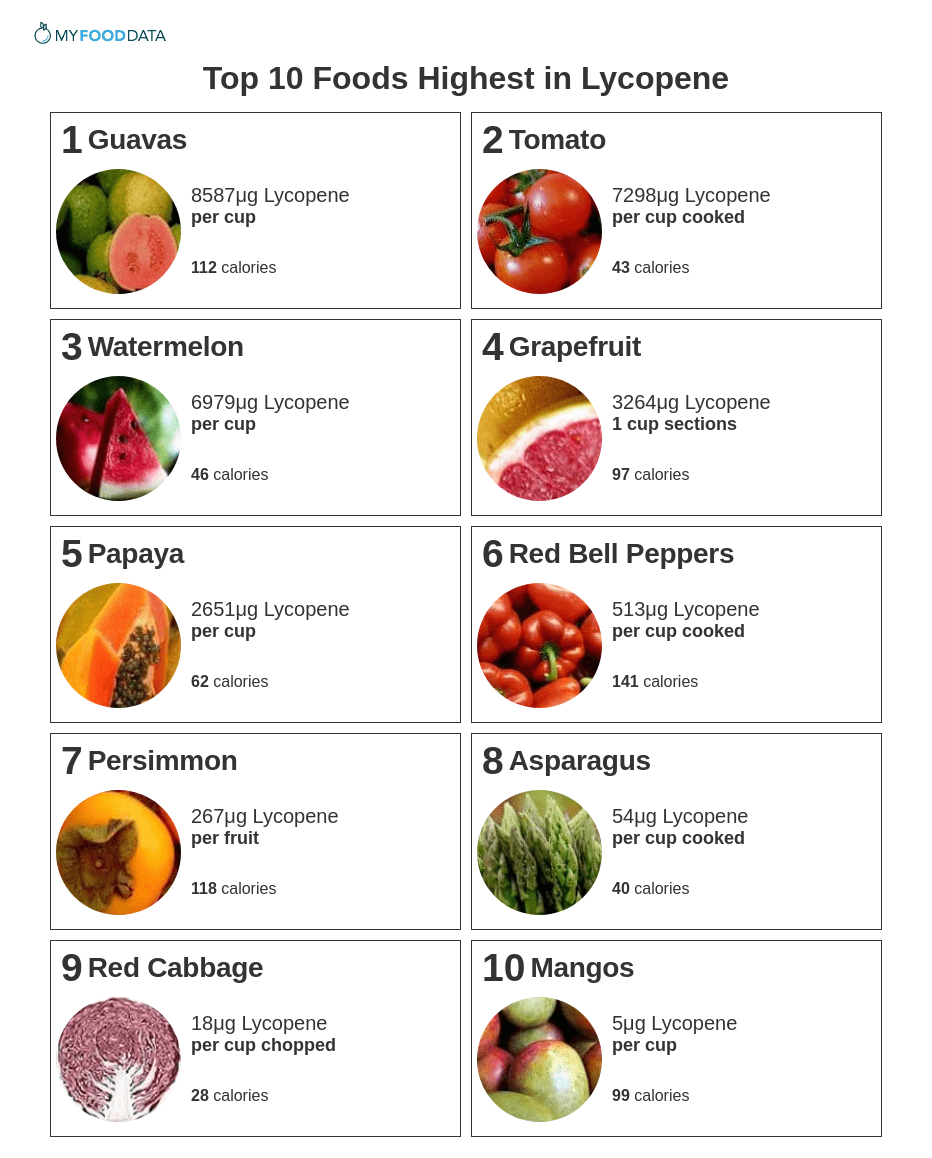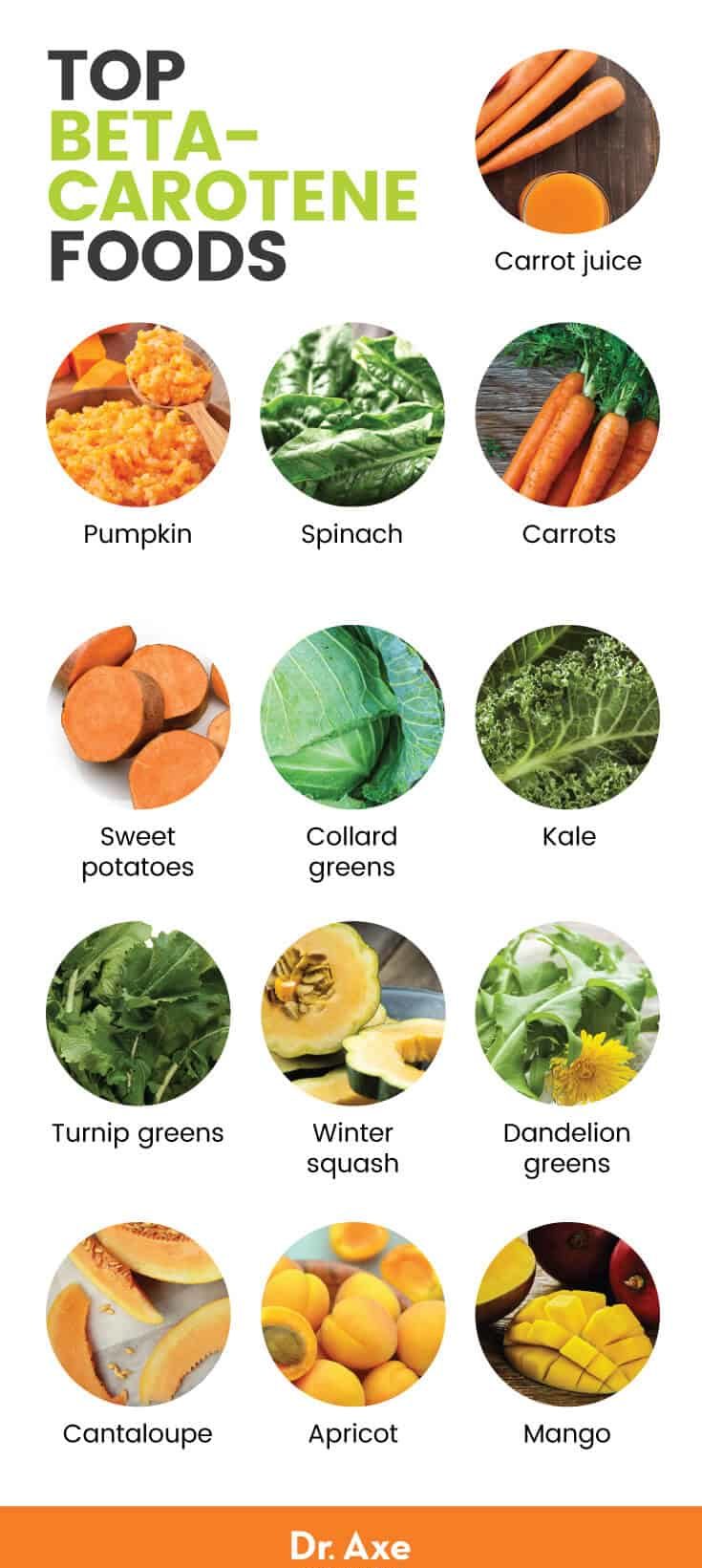The vast majority of us have been taught since a young age to embrace expressions like “eat the rainbow” or “variety is the spice of life” as a guiding mantras to orient our food choices.
These statements are very cliché and lack actionable detail, but that doesn’t mean they aren’t true.
From the scientific perspective, there is actually immense value in understanding the fact that certain foods, often divided by their coloration, are the only sources of specific beneficial nutrients.
Explore America's #1 Selling Weight Loss Supplements
It’s often the case that the phytochemical compounds most prominent in a given group of foods are responsible for both their coloration and health benefits.
Believe it or not, these two things really do flow together and if someone doesn’t consume foods from a given family, they miss out on those benefits.
The goal of today’s article is to make sure you’re not that someone and to instead offer a path of least resistance approach to leveraging the “eat the rainbow” mentality to improve your health and nudge your diet in new directions. And in case you get cravings to eat, stop them.
Let’s get to the good stuff.
Eating The Rainbow In 5 Easy Steps
1. Purple-ish – Anthocyanins
Anthocyanins are an intriguing family of compounds that naturally occur in very few commonly available foods and scientists believe that they may offer unique health benefits.
Blackberries are the commonly available food that contain the largest concentration of anthocyanins, and I always encourage people to try frozen varieties if they find the price point on fresh is too high for regular consumption.
Other sources include blueberries, strawberries, raspberries, black beans, plums and cherries.

2. Red – Lycopene
Lycopene is a potent antioxidant responsible for providing a red/orange color to many foods. There is growing interest around its potential,and it has always attracted attention in the world of men’s health. It is found in rich supply in only a small number of foods though.
Tomato sauce/paste is the chief among them, which is why I encourage my clients to cook more dishes using these ingredients. Pasta is the obvious vehicle here, but pan frying high fiber foods like chickpeas in tomato sauce certainly works too.
Also Read: A Dietician's View on Popular Diet Trends
Other sources include whole tomato, watermelon, guava, papaya, grapefruit and red bell pepper.

3. Orange – B-Carotene
B-Carotene is yet another unique antioxidant compound that also acts in the human body as a precursor to Vitamin A.
It’s probably the one nutrient on today’s list that sounds most familiar to you, but that doesn’t make it any less important.
Baked Sweet Potato is the single richest dietary source of B-carotene with the humble carrot a close second.
Carrots are sometimes looked down upon by those who don’t appreciate the fact that they are a source of this beneficial compound.
Although not orange like other candidates in this category, cooked spinach, swiss chard and kale are also the other three very rich sources of beta-carotene.
These foods can be easily pan fried and shrunk down, or purchased frozen for convenience purposes.
Since green foods like these actually have WAY too many nutrients to narrow down, I’ll use these three specifically as an example of among the very few foods that also contain beneficial compounds including lutein & zeaxanthin as well as the flavonol antioxidant known as kaemperol – a unique compound which may have beneficial effects throughout the body.

4. White – Organosulfur Compounds
The word organosulfur compounds might sound like a mouthful, but it more or less refers to the beneficial compounds found primarily in onions (allicin) and garlic (allinin).
They are found in very few foods, with onions, garlics and related foods like leeks containing them in richest supply.
Onions and garlic can be easy to overlook from a dietary perspective, and even I’m guilty of only recently starting to put forth the required effort to cook with them more often.
The other bonus of these foods?
They contain special types of prebiotic fiber which help facilitate the growth of healthy gut bacteria, which brings me to the closing point of today’s article.
Closing Argument - Variety Is The Spice Of Life
I hope this post has helped to establish both the how and why of pursuing variety in your diet, particularly when it comes to fruits and vegetables.
But there’s one more layer to add here.
Foods of different colors have unique compounds, and that these unique compounds have unique effects on the body – which also includes among our healthy gut bacteria who love to use different types of fiber and phytochemicals as “food” to grow and flourish.
Late last year the American Journal Of Clinical Nutrition published a study demonstrating that people with more variety in their diet demonstrated having a gut microbiome with a greater variety of healthy bacteria – which is a good thing.
With all the attention that is being paid to our gut bacteria and their role in human health, I really wanted to save this fun little tidbit as a strong way to close today’s piece and give you that final nudge to embrace the pursuit of your own dietary rainbow.
No need to wait for the next rainstorm to get started either!
Easy 5-Step Rainbow Grocery List
Purple - Blueberries or blackberries, fresh or frozen.
Red - Tomato (or sauce) or watermelon.
Orange - Sweet Potato or carrots.
Green - Kale or spinach, fresh or frozen.
White - Onions or garlic, fresh or powdered if need be.
Enjoy!!
Andy De Santis RD MPH
*The links used in this article are being provided as a convenience and for informational purposes only; they do not constitute an endorsement or an approval by Iovate Health Sciences International Inc. or any of its affiliates (“Iovate”) of any of the products, services or opinions of the corporation or organization or individual. Iovate bears no responsibility for the accuracy, legality or content of the external site or for that of subsequent links. Contact the external site for answers to questions regarding its content.
Read Our Top Blogs:
Our Most Read Content:
- Frequently Asked Hydroxycut Q&A
- Is Hydroxycut Effective?
- Is Hydroxycut Safe?
- Does Hydroxycut Work?
- Wondering About Hydroxycut Side Effects?
Shop America's Best Selling Weight Loss Supplements



